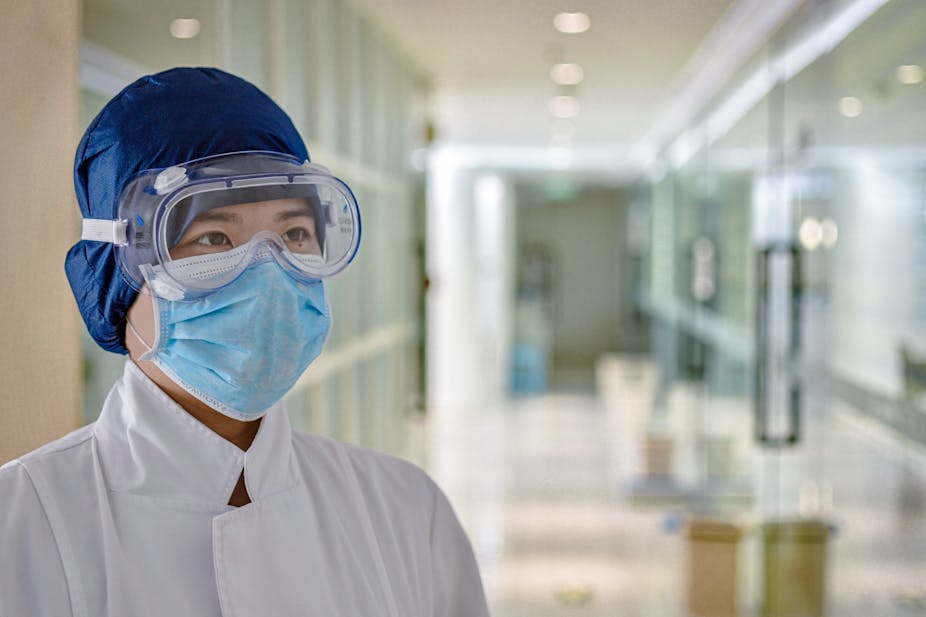The post below was originally intended to be a newsletter lead for the morning of Tuesday, March 24. However, it was overtaken by events as strict new restrictions on movement were introduced in the UK as it seeks to stem the spread of the coronavirus. We felt the newsletter had to reflect that huge moment for the country. However, I was keen to post the original given the central role the NHS is now playing in the story of COVID-19.
The NHS is the closest thing the English people have to a religion. So asserted Nigel Lawson, former UK chancellor of the exchequer under Margaret Thatcher. And in the years since, that sense of national passion for the health service appears only to have deepened. Think of the opening ceremony of the 2012 Olympic Games, in which it had a starring role.
The people of Scotland, Wales and Northern Ireland are no different in this instance. Indeed some might argue the devolved administrations sit even closer to the altar of the founding principles. As with the weather, or food, Britons can grumble about it (usually with reference to waiting times) but heaven help the foreigner who should query the sanctity of the NHS.
And there are facts behind the feeling. Often, those in the UK will draw contrast with healthcare in the United States. Consider for instance, this superb, very personal recent piece by Nora Groce, a medical anthropologist at UCL.
Press the public further on their thoughts about the NHS, and it won’t be long before Britons pinpoint what it is that keeps the flame burning for this institution born in 1948: the staff.
Unsurprising then that now, as it stands on the cusp of the greatest challenge in its history, the nation looks to those individuals. Among them is Dominic Wilkinson, a consultant neonatologist and professor of ethics at the University of Oxford. Here, he outlines the incredibly difficult conversations healthcare workers are having with their families, as they wait – and suggests the rest of us need to do the same. Movingly, he tells us about what might be the toughest decisions he and colleagues will face. He tells us starkly that the time has come to plan, and to think about what can and cannot be expected of this most venerated of healthcare systems. Please, do read his words.
Elsewhere, the pandemic continues to wreak havoc across sectors and continents. For a round-up of coverage from across The Conversation International, read the third of our regular updates, this week written by Martin La Monica, deputy editor of the US edition. A comprehensive gathering of the network’s coverage in English, can be found here.
The Conversation exists to provide a higher standard of news analysis and explanation. It seeks to take knowledge from some of the most informed people on the planet and share it with a broad readership. It aims to counter unreliable information, whether it be circulating via social media, new online channels, political players or some older media outlets. There is no charge to read, or to republish our content. All this is possible thanks to the support of academic, specialist authors, who write the content; universities that provide funding; and, of course, you the readers. It is not-for-profit, and a charity, and we greatly appreciate any donations made. They help us employ a dedicated team of editors who are committed to commissioning and sharing high quality journalism by experts.
If you would like to get daily analysis and news from experts, join the hundreds of thousands who’ve signed up to The Conversation newsletter.

